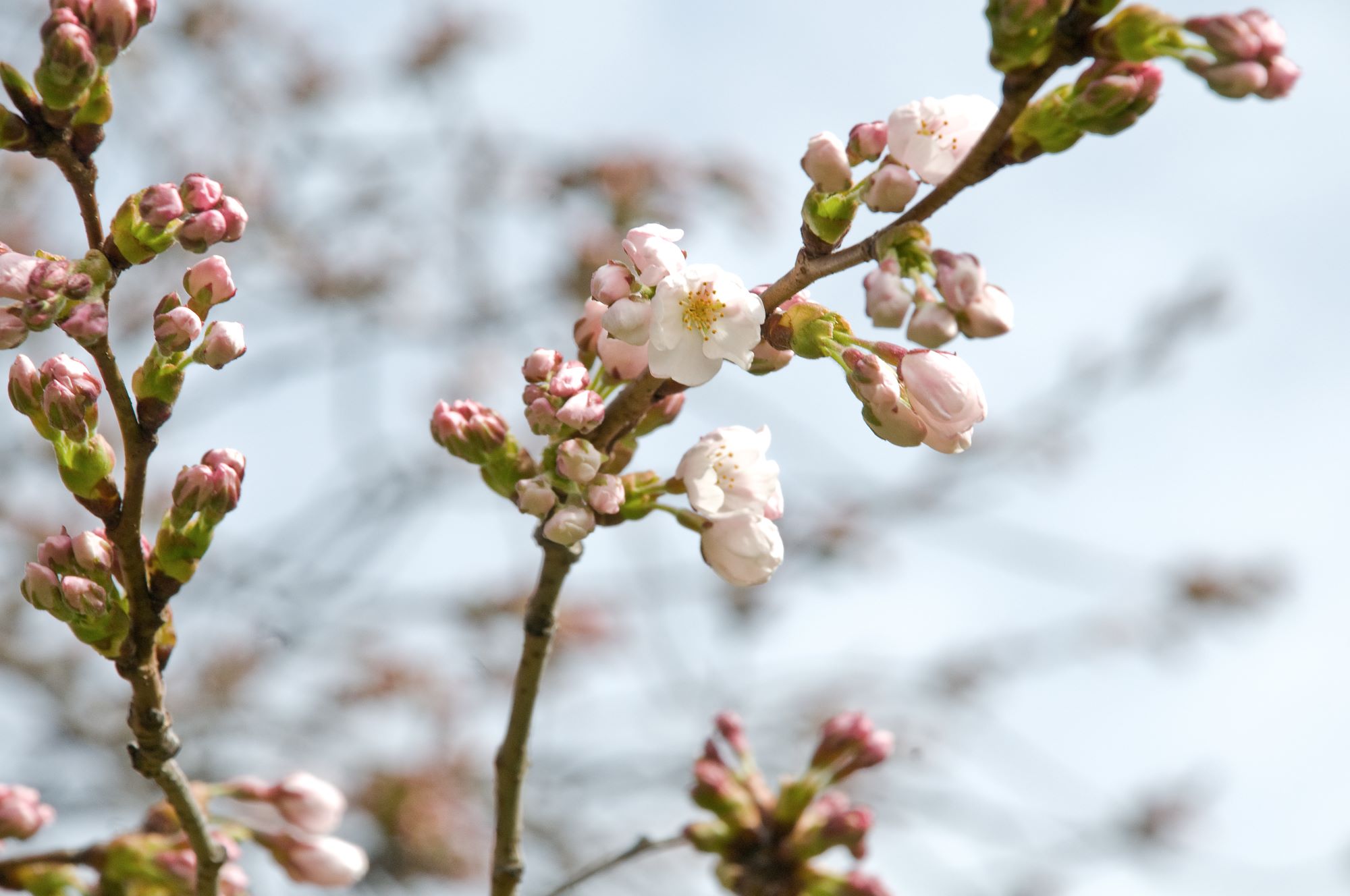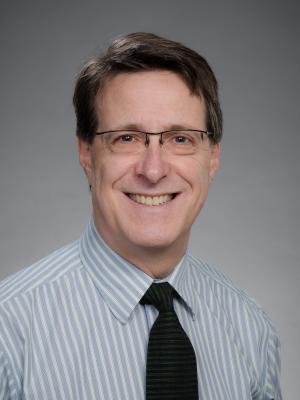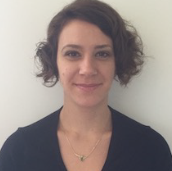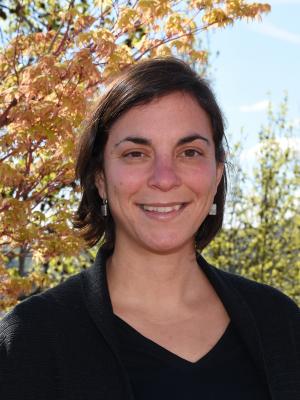Our Division has a long and active history of interdisciplinary research collaborations with faculty from the Department of Environmental and Occupational Health, which is ranked among the top 3 environmental health programs in the United States. DEOHS has multiple well-established center grants, including the NIEHS- funded Interdisciplinary Center for Exposures, Diseases, Genomics and Environment (EDGE) and NIOSH-funded Pacific Northwest Agricultural Safety and Health Center (PNASH), which provides investigators with access to state-of the art molecular and cellular biology instrumentation, populations for translational studies, technical training, research guidance and multiple pilot funding opportunities. Our faculty are engaged in innovative translational research which extend across the spectrum from discovery to implementation, addressing how environmental and workplace factors affect public health. Specific areas of expertise include sophisticated modeling and health effects of air pollution, including wildfire smoke and traffic related air pollution, climate change, gene environmental interactions and novel occupational exposures, as highlighted below.
Controlled exposure and intervention studies
Dr. Joel Kaufman directs the UW Northlake Controlled Exposure Facility, which uniquely creates controlled exposures to relevant ambient and occupational particulate air pollutants for both clinical and murine studies. Drs. Cora Sack, Joel Kaufman, Bill Altemeier, Teal Hallstrand, Robb Glenny, and Anne Manicone use this facility for studies investigating susceptibility to and mechanisms of traffic related air pollution.
Population-based epidemiologic studies
Faculty, including Dr. Kaufman and Sack, are engaged in long-standing collaborations with multiple NHLBI cohorts, including MESA, SPIROMICS, HCHS/SOL, as well as patient-based registries, including IPF-PRO and Pulmonary Arterial Hypertension Registry. Many of our faculty, including Drs. Ganesh Raghu, Peter Leary and Molly Billings, have collaborated on studies utilizing these resources to investigate how environmental, occupational and socioeconomic factors impact cardiopulmonary outcomes.
Occupational cohorts
UW has a robust clinical, research and training program in occupational lung disease. Dr. Sack has ongoing cohort studies investigating the health effects of inhalational exposures in cannabis workers and the interactive effects of heat and wildfire smoke in agricultural workers. Drs. Sack and Bonnie Ronish work closely with state agencies, such as Washington Labor and Industries, on investigating novel occupational lung diseases and surveillance of occupational COIPD.






